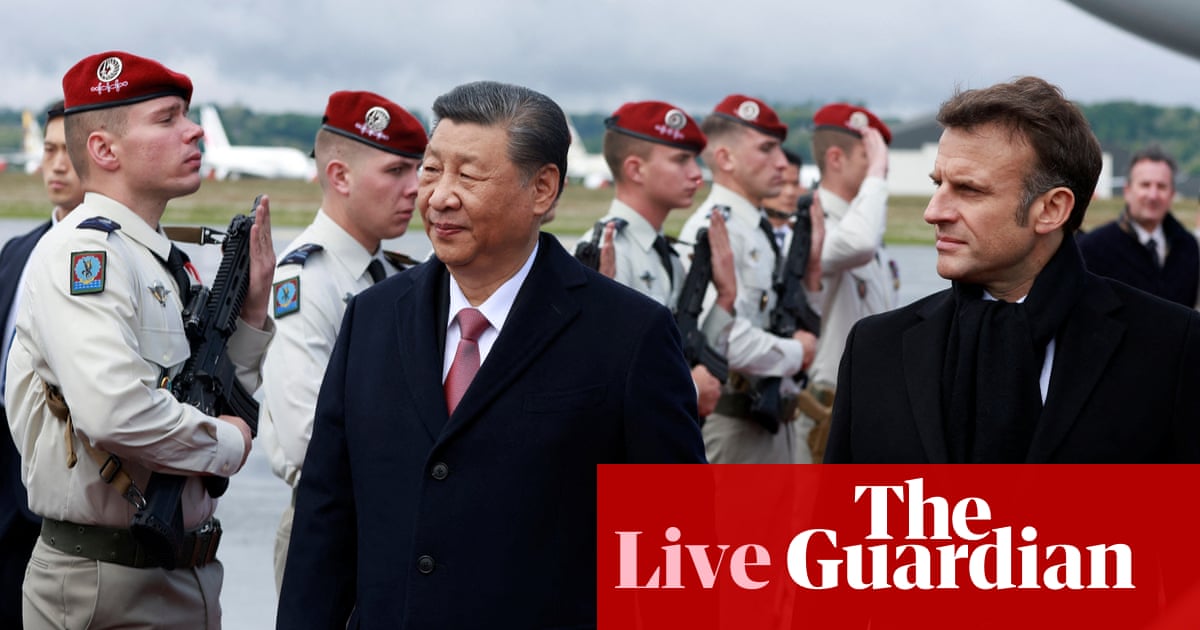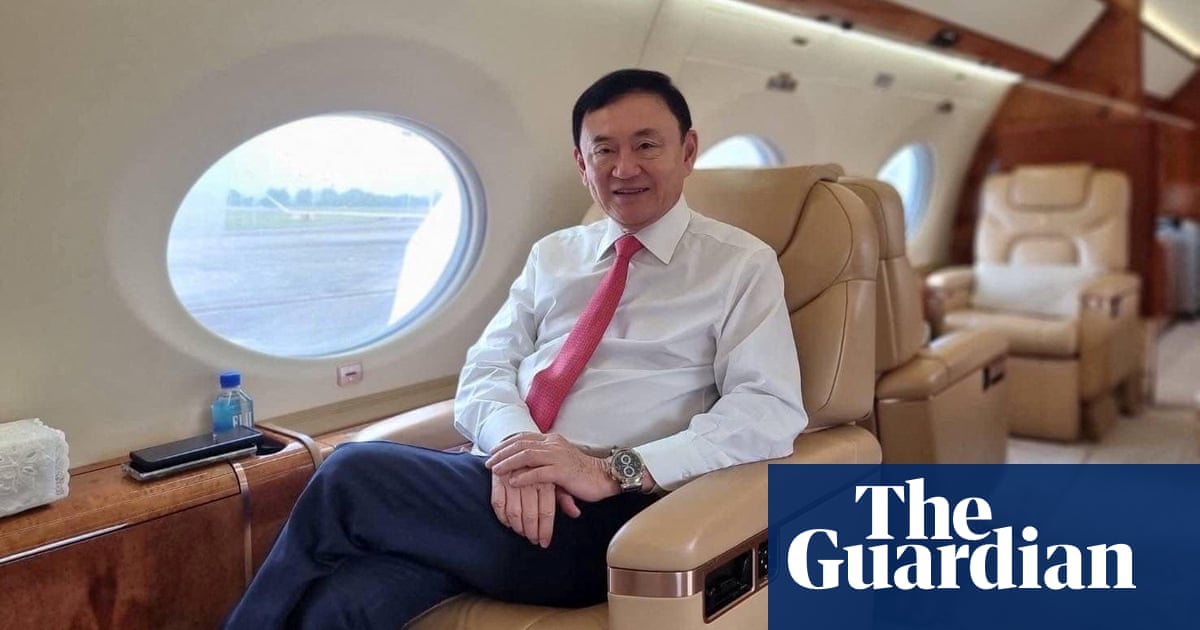
China’s president, Xi Jinping, has strengthened his power as leader and elevated his status within Communist party (CCP) history, with major political resolutions announced on the final day of a key political meeting.
On Saturday, the CCP congress approved amendments to its constitution, including the “Two Establishes” and “Two Safeguards”, aimed at enshrining Xi as at the core of the party and his political thought as its underpinning ideology.
A list of reappointed delegates also confirmed the premier, Li Keqiang, would be retiring from politics, along with several other senior party figures. Analysts said their exclusion was a strong sign that the next politburo standing committee (PSC), to be unveiled on Sunday, would be dominated by Xi’s allies and his power would be further consolidated.
Xi, 69, began his closing speech around midday, as party officials announced the confirmation of the amendments, which all but confirmed that Xi would remain in power for another term.
He is widely expected to be reaffirmed this weekend as the party’s general secretary, paving the way for him to gain a norm-breaking third term as Chinese president.
“Dare to struggle, dare to win, bury your heads and work hard. Be determined to keep forging ahead,” he told those gathered.
Thousands of CCP delegates, ostensibly representing the tens of millions of party members, are meeting in Beijing. The purpose is largely to rubber-stamp reshuffles of senior party positions and constitutional changes likely to have been decided long before the meeting began.
The meeting is highly choreographed and mostly behind closed doors. However, shortly before Xi’s speech began, former leader Hu Jintao was escorted out of the room without explanation.
Since coming to power in 2012, Xi has further consolidated his individual power, including spearheading the elimination of term limits in 2018. Before those changes, Xi would have been stepping down as leader this week, but instead has the potential to be leader for life.
Analysts are watching this weekend’s events keenly, to see if Xi is also formally given the title of People’s Leader, an honorific not officially used since Mao Zedong. There has also been speculation that the role of party chairman could be reinstated.
Prof Steve Tsang, the director of the Soas China Institute, said acquiring the title of People’s Leader would put Xi “in a different league”.
“He is the supreme leader of China by virtue of being the leader of the CCP, whether that office is styled general secretary or chairman,” said Tsang.
“But … the People’s Leader cannot have a term limit and removing one from such a position is ‘anti-people’.” Giving Xi the title would signal that Xi was “untouchable”, Tsang added, “and in effect to be honoured and treated as a demigod”.
“It [would] elevate him to least a position comparable to Mao, as the Great Helmsman.”
On Saturday, delegates also voted to endorse Xi’s “work report” delivered at the congress’s opening last Sunday, which passed assessment on the previous term and outlined the direction of the new one.
At its conclusion the congress also confirmed the re-election of about 200 elite central committee members, who have voting rights within the party. The list of names released on Saturday afternoon included just 11 women. It also did not include several party veterans, including four current members of the PSC.
Those missing included Li and Wang Yang, who heads the Chinese People’s Political Consultative Conference. Li was expected to retire from the premiership in March but whether he would fully retire from the CCP leadership framework was the subject of intense speculation.
Wang, a pro-reform politician with a relatively liberal image and rich regional experience, was previously seen by analysts as a likely candidate for the next premiership.
Analysts have said the departure of both men would be a signal that the new PSC is likely to be stacked with Xi loyalists. Both were eligible to continue serving under the party’s unofficial age limits.
“A central committee, politburo and standing committee dominated by Xi would mean a significant loss of checks and balances. Xi’s policy of putting ideology and national security over economic development will continue for the coming five or even 10 years as he is eager to rule until the 22nd party congress in 2032 when he will be 79,” said Willy Lam, a senior fellow at Jamestown Foundation, a Washington-based thinktank.
Two others who were missing from the list – the National People’s Congress chair, Li Zhanshu, and the vice-premier, Han Zheng – had been expected to step down.
The new central committee is responsible for electing the 25-member politburo, of which the seven most powerful are appointed to the PSC. The lineup of the PSC, including the No 1-ranked general secretary, will be revealed on Sunday.
The revelation, usually by the PSC members filing out on stage in order of rank, will be the official confirmation of Xi’s retention of the general secretary position.












